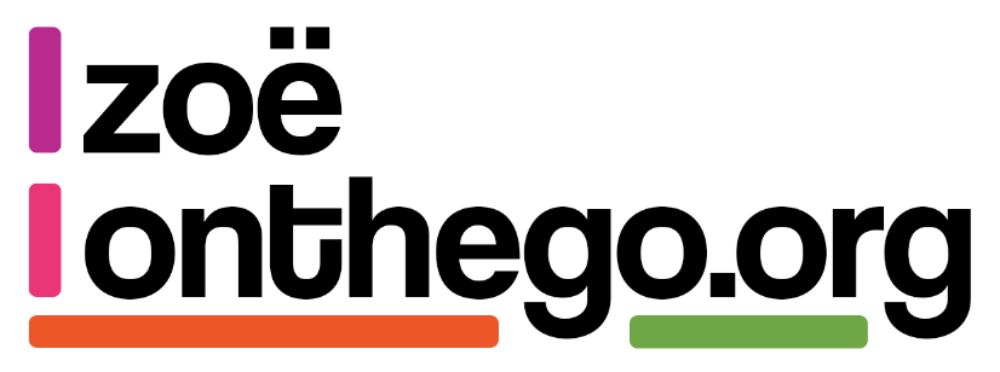Along time ago in a land far away; well four years ago and sat in a very cold office in trafalgar square; Ross Ferguson , Alex Kean , Scot Colfer and I plus a few others sat discussing the DDaT capability framework for Product Management.
The discussions we had at the time focused on “how do we actually define the role? And what makes a good product manager?” And there have been plenty of blogs written on those questions over the years. It definitely feels like the role has matured and progressed over the last few years, and now is generally pretty well recognised.
However yesterday chatting to Si Wilson about SME’s and Product Managers, and why they were different roles, I realised this may be one area not touched on much, and actually a pretty key difference it’s important to understand.
In the private sector, the Product Manager is often “the voice of the business”, they are equally seen as the “voice of the customer” but when developing products to take to market and make a profit, it’s less about what the users need, and what the business can sell to them.
In the Public Sector, the role of the Product Manager is a bit different. The Product Manager is NOT the voice of the business, instead they are the voice of the vision. The Product Manager is responsible for ‘what could be’ they ensure the team are delivering quality and value, weighing up the evidence from everyone else in the team and making the decisions on where to focus next in order to meet the desired outcomes.
This slight change in focus is where the role of the Subject Matter Expert (SME) comes in. The Scrum Dictionary states the SME is the person with specialised knowledge; in my experience the SME provide’s the voice of the business; and what ‘is’ rather than what will be. They understand the in’s and out’s of an existing product, service or any sacred cows that need to be avoided (or understood) within an organisation. They usually work closely with the Business Analyst to map out business processes and User Researchers to understand staff experiences.

Back when we merry band of Head’s of Product were trying to understand the role, the decision to not have Product Managers ‘be the voice of the business’ was a very deliberate move as we felt it hampered the move to User Centred design, as it felt it was hard to step back and be agnostic about the solution if you’ve had years in the business and know every pain point and workaround going etc.
Some of the dangers of having a Product Manager who is also an SME are:
- They feel they know everything already because of their experience, so feel that user research or testing is a waste of time.
- They become a single point of failure for both knowledge and decision making, with too many people needing their attention at the same time
- They can get lost in the weeds of details, which can lead to micromanaging or a lack of pace
That is not at all to say that Product Managers can’t ‘come from the business’ because obviously having some knowledge about the organisation and the service is helpful. But equally, having a clear delineation between the roles of the Product Manager and the SME is important; so if you do have someone covering both roles, it’s important to understand which hat is being worn when decisions are made; and for that individual to be able to draw a line between when they are acting as the PM and when they are the SME.

As a Product person, a good SME is worth their weight in gold. good ones bring loads of speed and stretching thinking — and even packaging thinking. They can help identify pain points, and help user researchers and business analysts find the right people to talk to when asking questions about processes’ etc. They give the Product Manager room to manoeuvre, and make sure things are moving on. Equally the best SME’s can be pragmatic, they understand that what the business wants doesn’t always match what users want, and work with the team to find the best way forward.
Where the role of the SME hasn’t worked well, in my experience, it tends to be because the individual hasn’t been properly empowered to make decisions by their organisation or line manager; or don’t actually have the knowledge required, and are instead their to capture questions or decisions and feed them back to their team/manager. Another common issues is that the SME can’t be pragmatic or understand the difference between user needs and business needs; and won’t get involved in user research or understand its importance. Rather than helping the team move work forward, they slow things down; wanting every decision justified to their satisfaction; wanting to make decisions themselves rather than working with the Product Manager.
Rarely have I found SME”s that could be dedicated full time to one project, they tend to be Policy or Ops experts etc. and so there are a lot of demands on their time. I suspect this is one of the reasons the role of the SME and Product Manager if sometimes blended together. However, while they ‘can’ be filled by the same person, in my experience having those roles filled by separate people does work much better, and allow the team to deliver value quicker.
